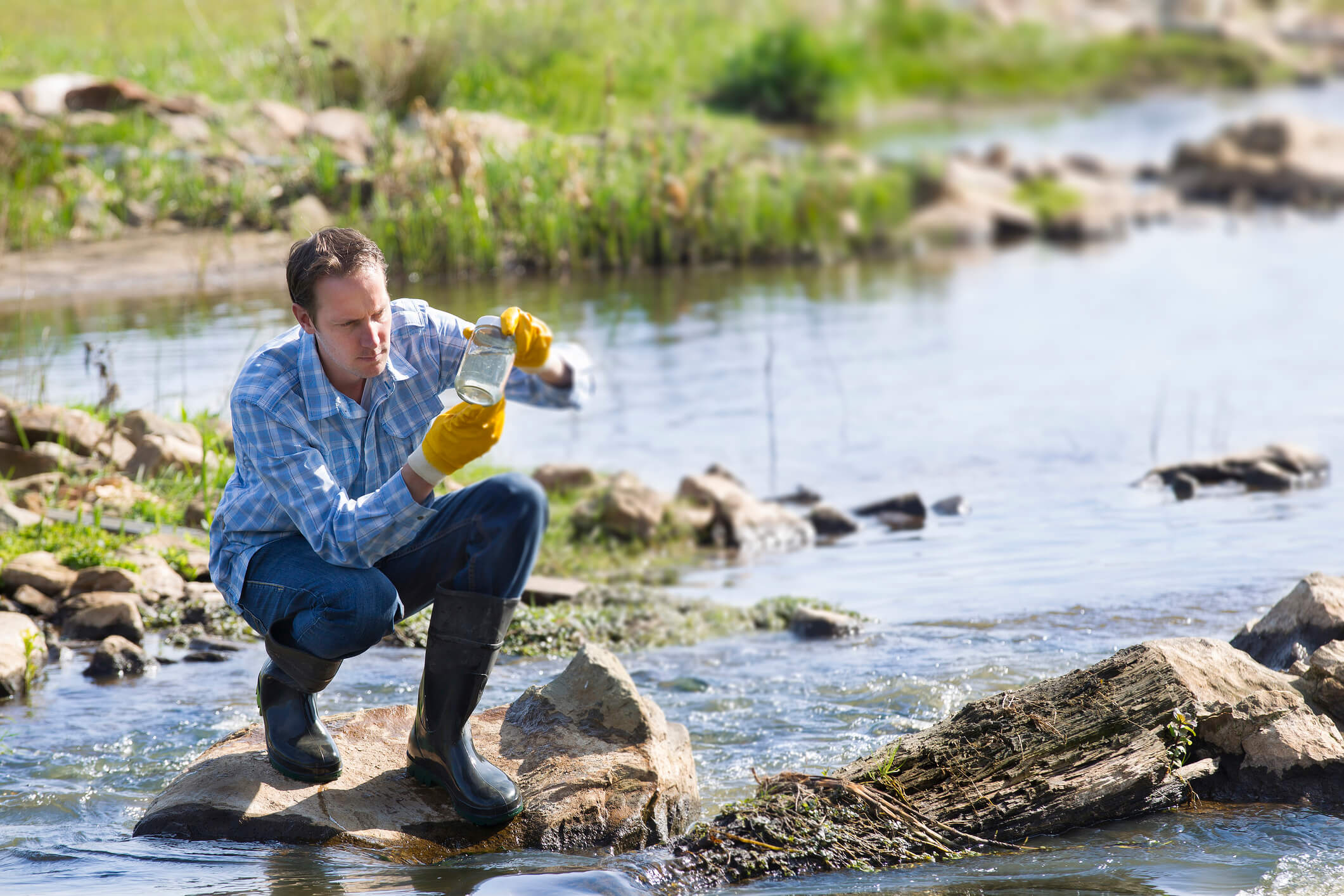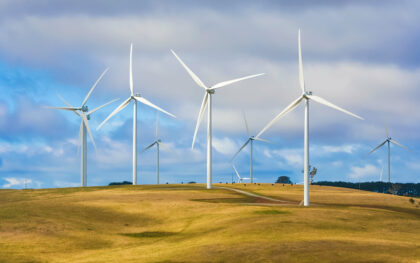Ecology
Overall Course Objectives
The goal of this course is to familiarize students with the fundamental principles of ecology, ranging from the functioning of organisms to the structure and functioning of both terrestrial and aquatic ecosystems. The students will realize the vital, mutual interdependences between human societies and natural ecosystems which define a main scope of environmental engineering.
Learning Objectives
- Describe the characteristics and functioning of of key organism groups and explain how they are adapted to diverse and variable environments (aquatic, terrestrial).
- Explain the main processes governing the variation in abundances and distribution of populations of animals, plants and other organisms.
- Explain the concepts of populations, communities, food webs, and ecosystems.
- Construct and analyze simple population dynamics models and apply these to real world examples.
- Describe the flow and cycling of matter and energy in ecosystems including their field observation.
- Describe major terrestrial and aquatic ecosystems across the globe.
- Describe major services provided by (natural) ecosystems, including recreation, transport, fishing, agriculture and aquaculture, and understand how they are managed.
- Describe and evaluate human impacts and threats to natural ecosystems.
- Apply ecological insights to engineering cases.
Course Content
The course will give an introduction to the fundamentals of ecology and its terminology, as well as provide a framework for evaluating the effects of human impact on natural systems. It is divided into three parts: Part one introduces the general concepts starting with an introduction to the fundamental life forms and how individual organisms function, followed by descriptions of (the dynamics of) populations, food webs and ecosystems, including how matter and energy flow and cycle in ecosystems. Part two and three focuses on, respectively, terrestrial and aquatic ecosystems, and will describe the diversity of these systems, what services they provide (e.g., basis for agriculture, aquaculture and harvesting of natural resources), their role in climate regulation, and how human activities impact and, potentially, threaten these systems and vice versa. Parts 2 and 3 include hands-on (lab; field) demonstrations in both terrestrial and aquatic ecosystems.
Teaching Method
Lectures, group work, exercises, and field excursion. Assignments have to be approved in order to qualify for the exam.
Faculty
Remarks
This course provides students with competences relevant to UN SDGs, particularly #12 (Responsible consumption and production), #13 (Climate action) and #14 (Life below water)




